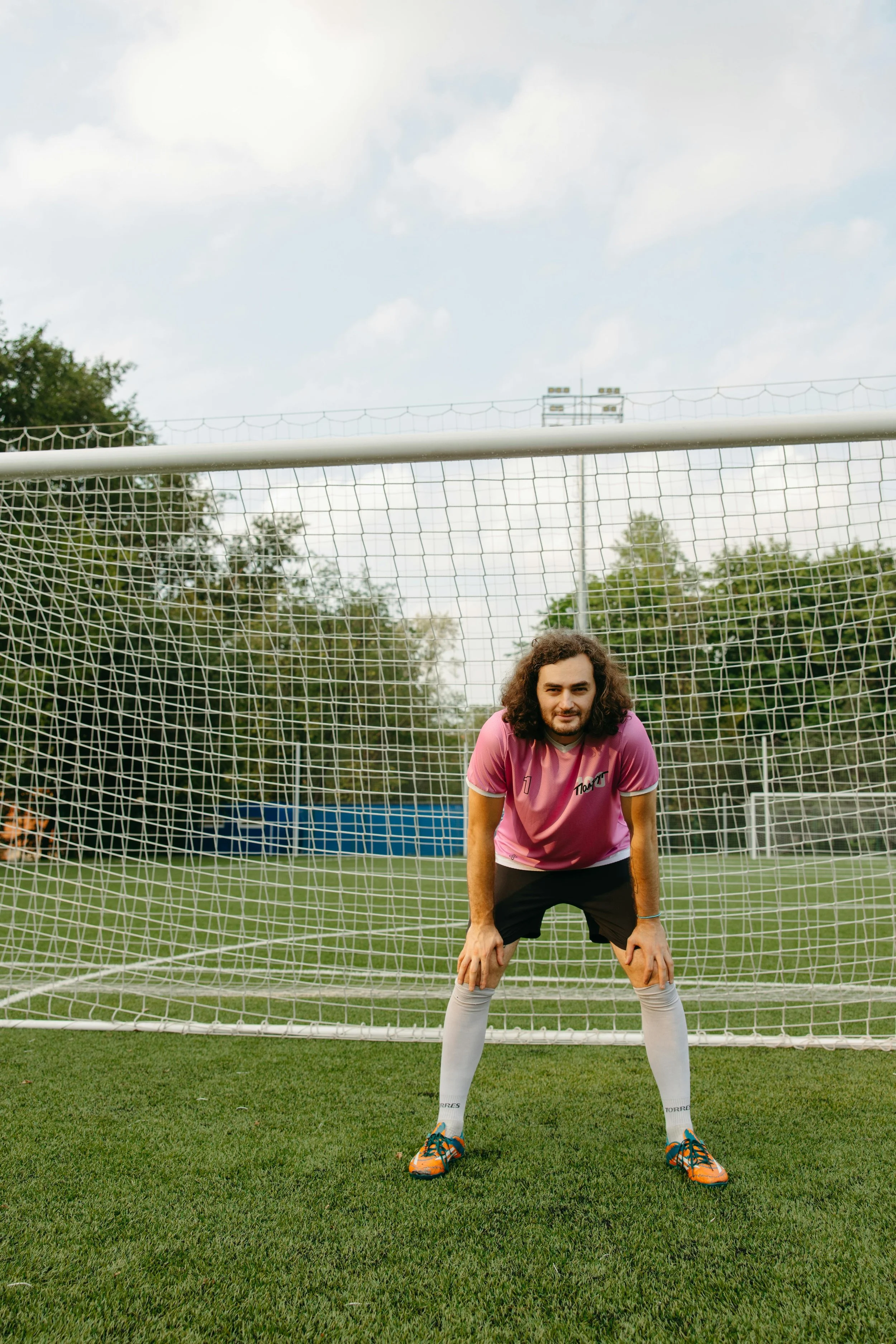Artificial intelligence is revolutionizing the way goalkeepers train and perform. With advanced data analytics, understanding goalkeeping has reached unprecedented depths. Discover how this technology is influencing the future of soccer.
In recent years, artificial intelligence (AI) has made significant strides in various fields, including sports. Specifically, in the realm of soccer, AI is revolutionizing goalkeeper analytics. This article delves into how these technological advancements are impacting goalkeeper performance and training.
The Role of AI in Data Collection
One of the most notable impacts of AI in soccer is its ability to collect and analyze vast amounts of data efficiently. For goalkeepers, this means an unprecedented level of detail in performance metrics. From shot-stopping abilities to positioning and reflexes, AI can provide comprehensive insights that were previously unattainable.
Top goalkeepers in the Premier League are benefitting from data tracking which contributes to the competition. Millions of fans around the world tune in to the English top-flight and you can track Premier League odds here, if you are keen to back teams and add an extra later of excitement to matches. You can wager on the likes of David Raya, Jordan Pickford and Ederson keeping clean sheets or even the number of saves they record each fixture. Utilizing online data can help ensure you make smart and informed decisions.
AI-powered cameras and sensors are even being used to track every movement a goalkeeper makes during a match or training session. These systems can capture data on dive angles, reaction times, and even eye movements. This granular level of detail allows for a more nuanced understanding of goalkeeper performance. For instance, AI can analyze how a goalkeeper's positioning changes based on the attacking team's formation or the stage of the game. This wealth of data enables coaches and analysts to identify patterns and trends that would be impossible to spot with the naked eye, leading to more effective strategies and targeted improvements.
How Teams Gain an Edge with AI
AI's role in data collection extends to opponent analysis. Goalkeepers can now access detailed information about opposing strikers' tendencies, preferred shooting angles and historical performance under various conditions. Take Everton and England stopper Pickford at the Euros, who was able to note down where players put penalties on his water bottle. This wealth of information allows goalkeepers to prepare more effectively for upcoming matches.
AI algorithms can synthesize this data to create probabilistic models of where a striker is most likely to place their shots, giving goalkeepers a strategic advantage. This level of preparation was previously unattainable and is transforming the way goalkeepers approach each game, making their decision-making process more informed and data-driven.
Enhancing Training with AI-Driven Insights
AI-driven analytics are not just about post-match analysis; they also play a crucial role in training regimes. Coaches can now tailor training sessions based on specific data points, ensuring that goalkeepers work on their weaknesses and enhance their strengths. Moreover, AI algorithms can predict potential injuries by analyzing physical stress patterns and fatigue levels. This proactive approach ensures longer careers and better health for goalkeepers.
AI is also revolutionizing goalkeeper training through personalized virtual coaching assistants. These AI-powered systems can provide real-time feedback during training sessions, offering instant corrections and suggestions. For example, if a goalkeeper consistently struggles with shots to a particular corner of the goal, the AI can generate specific drills to address this weakness.
Real-Time Decision-Making Improvements
Another transformative aspect of AI in soccer is its impact on real-time decision-making during matches. Advanced algorithms can process live match data and provide instant feedback to goalkeepers. This means quicker and more accurate decision-making capabilities on the field. For instance, AI can help goalkeepers anticipate the direction of a penalty kick by analyzing the kicker’s body language and previous behavior patterns.
Wrapping Up
In summary, artificial intelligence is fundamentally changing how goalkeeping is analyzed and trained. From data collection to real-time decision-making and injury prevention, the benefits are extensive and transformative. As these technologies continue to advance, they will undoubtedly influence the future of soccer, making it an exciting time for players and enthusiasts alike.

